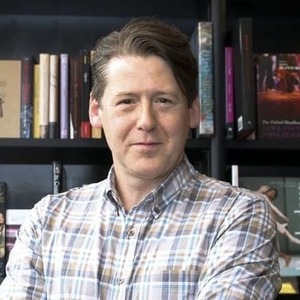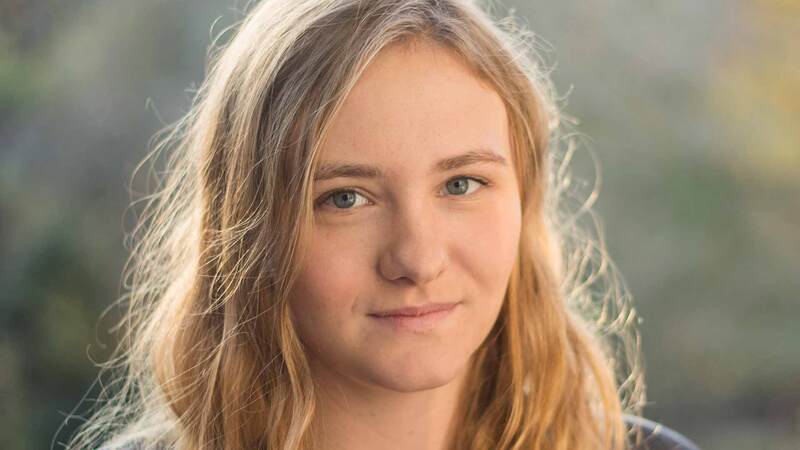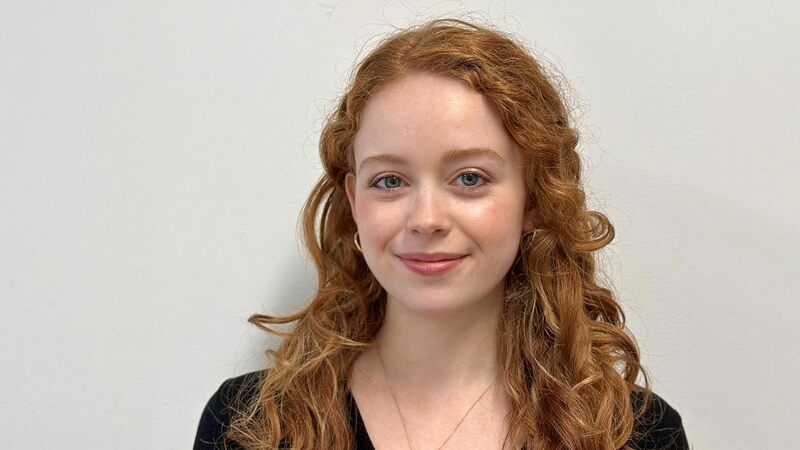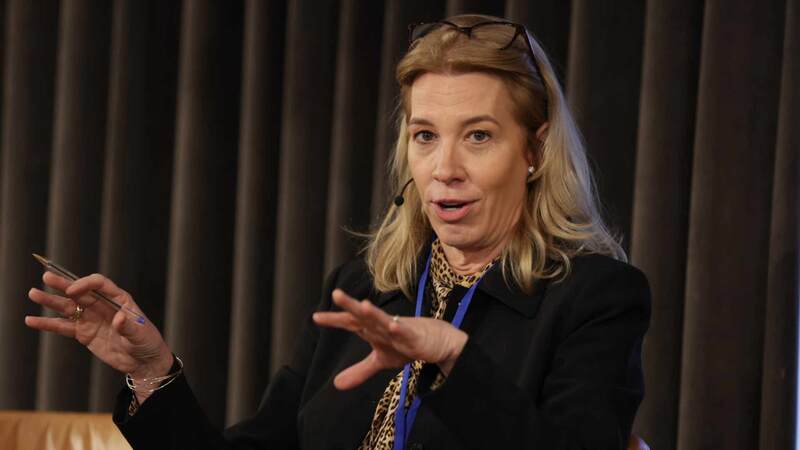You are viewing your 1 free article this month. Login to read more articles.
For richer, for poorer
“What I feel most moved to write, that is banned—it will not pay…Dollars damn me; and the malicious Devil is forever grinning in upon me, holding the door ajar.”
Not an anguished tweet by an author in 2016, but a couple of lines from a Herman Melville letter to his pal Nathaniel Hawthorne in 1851. The two giants of 19th century American letters were perpetually skint and both had day jobs for much of their writing lives.
The subject of authors making a sustainable wage, therefore, is hardly new. But the simmering issue has bubbled up to a full roiling boil in the last year or so with the Society of Authors (SoA) and the Authors Licensing and Collecting Society (ALCS) doing much to put it on the agenda.
A striking thing about the most recent ALCS research into the area is not just the low average earning for a professional author (a sub-minimum wage £11,000, said the ALCS) but the “huge inequality”. The findings said that just 5% of authors earned 42.3% of professional authors’ money; the bottom 50% earned just 7% of authors’ takings—a rich/poor disparity level of Czarist Russia (a trifle over the top comparison, but forgive me, I have the oddly compelling moon-faced Paul Dano’s Pierre Bezukhov on my mind).
As we show in our Authors of the Year feature, that wealth divide is even starker in 2015’s Nielsen BookScan data. Let us underscore that these are sales figures and certainly not author earnings. But the top 50 authors (perhaps around 0.1% of all authors) earned a massive 13% of BookScan sales last year; the top 200 (0.3%) of authors, 23%.
Those Top 50 authors’ sales rose a massive 21% on the top authors of 2014. In short, the rich get richer.
But here’s the rub: a massive amount of money is made by the author serf class. The top 5,000 authors of the 2015 ranged from Julia Donaldson (£10.9m) to Norman Warren (£3,200). Those who had fewer sales through the TCM than Warren generated £651m. That figure is almost the same amount as super-conglomerates Penguin Random House, Hachette and HarperCollins combined.
The top authors are standing not on the shoulders of giants but on the backs of tens of thousands of authors who generate low five-figure totals—and who are arguably just as important to publishers’ bottom lines as the mega-sellers.
And sometimes, just sometimes, those slow selling authors can grow. Paula Hawkins titles written as Amy Silver sold £1,346 for Random House in 2014; The Girl on the Train shifted £6.1m for Transworld last year. Jason Hazeley and Joel Morris wrote a few humour books for Penguin, including Bollocks to Alton Towers (2014 sales: £1,498). They parlayed that into a deal to write Michael Joseph’s Ladybird parody range, which generated £7.4m in 2015.
Tom Tivnan is The Bookseller's features and insight editor
















